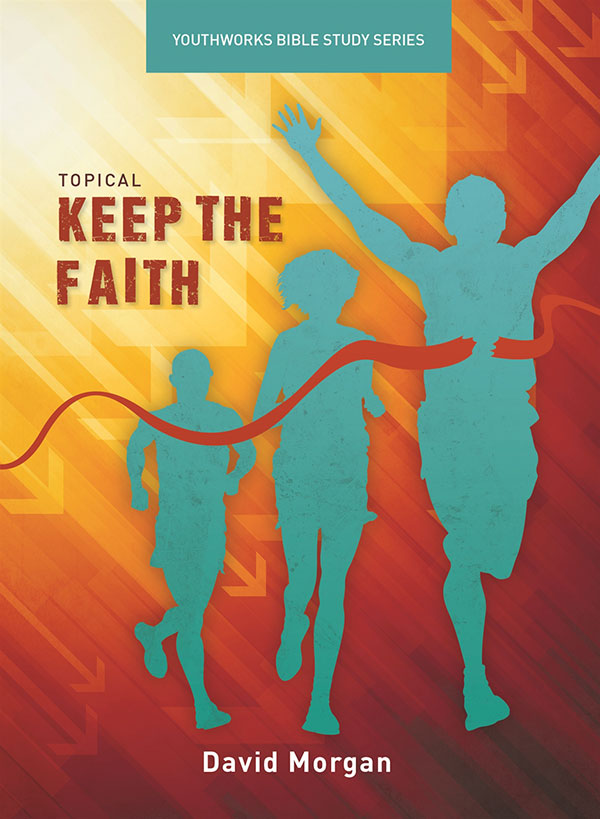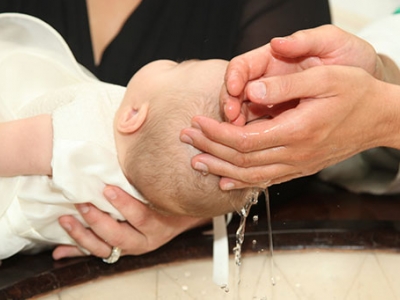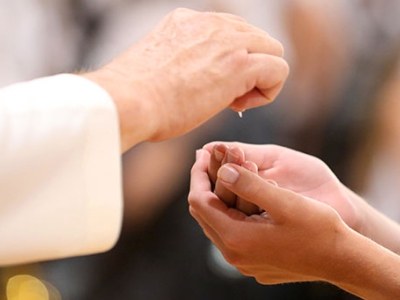
What is Confirmation?
An introduction to this ancient Anglican practice.
Image courtesy of Restoration Anglican Church.
Confirmation is an opportunity for those who were baptised as children to publicly confirm the commitment to the Christian faith that was made on their behalf by their parents and godparents. It can serve as an important milestone for our children taking on the faith we have sought to pass on throughout their childhood.
The Confirmation service is taken by a Bishop who lays his hands on the heads of the confirmees and prays for them. This practice loosely descends from the ‘laying on of hands’ mentioned in Paul’s letters to Timothy (1 Timothy 4:14, 5:22; 2 Timothy 1:6).
A service of Confirmation may happen during a normal Sunday service or it may be held separately. Usually, a church waits until there is a group of young people ready to be confirmed at the same time.
Anglican Confirmation differs from Roman Catholic Confirmation in two ways: the Roman Catholic Church considers Confirmation to be a sacrament and encourages children to be confirmed at a younger age (around eight).
At what age do people get confirmed?
Throughout the centuries, Confirmation has always been undertaken when children were of a sufficient age to answer for themselves—to understand the Christian faith and publicly commit themselves to it.
In the Sydney Anglican Diocese, it was customary for confirmees to be in Year 8 or turning 14, but now children as young as ten may be confirmed if they seem ready. Adults of any age can also be confirmed.
Our church held a Confirmation service when our eldest son was turning 12. After giving it some thought, our son decided to join the group. He was on the cusp of starting high school and seemed ready to take the step of making his own declaration of faith. Twelve also seemed like a fitting age, as in the comparable Jewish tradition of the bar-mitzvah (which Jewish young people undertake at the age of 12/13 to become a ‘son/daughter of the commandment’ in their own right).
Do you have to be confirmed to take Communion?
Traditionally, in the Anglican Church of Australia, children were not allowed to take Communion until they had been confirmed. However, since 1985 (or in the case of the Sydney Diocese, 1997) there has been greater flexibility for Anglican churches in Australia to allow children to take communion, provided that they are baptised, demonstrate faith in Jesus and an understanding of communion and have the intention of being confirmed.
So, it really depends on each church and each family whether a young person takes Holy Communion for the first time after their Confirmation. This was the case for our son and he found it a very meaningful experience. (For an in-depth look at this question, read our article ‘Our children belong to God’s family—communion’.)
How do you prepare for Confirmation?
Traditionally, Confirmation preparation included memorising the Lord’s Prayer, the Apostles’ Creed, the Ten Commandments and the Anglican Catechism. But today, each church sets its own process. As a general rule, the group of confirmees will meet with a minister from the church a number of times to learn the basics of the Christian faith before they stand up and affirm it publicly. One helpful resource for Confirmation preparation is Keep the Faith, a series of eight studies based on the Nicene Creed.
What happens at a Confirmation service?
The following has been taken from Common Prayer: Resources for Gospel-shaped Gatherings, Anglican Press Australia, Sydney, p 102–5.
Towards the start of the Confirmation is the ‘Commitment’: those who are to be confirmed are invited to reaffirm the promises made at their baptism. In the words of the service: ‘you must therefore declare your allegiance to Christ and your rejection of all that is evil: the devil and all his works, the empty display and false values of the world, and the sinful desires of the flesh’.
The Bishop then asks the candidates: ‘Will you each, by God’s grace, strive to live as a disciple of Christ, loving God with your whole heart, and your neighbour as yourself, until your life’s end?’ They answer: ‘I will, with God’s help’. Next, the confirmees make an ‘Affirmation of faith’ in the words of the Apostles’ Creed.
The actual ‘Confirmation’ happens next, when the Bishop lays hands on each confirmee and prays that God’s indwelling Spirit will strengthen and guide them throughout their lives. He prays for each person:
‘Defend, O Lord, this your servant [Name] with your heavenly grace, that he/she may continue yours for ever, and daily increase in your Holy Spirit more and more until he/she comes to your everlasting kingdom. Amen.’
A normal church service follows on from this, either with or without the celebration of Holy Communion. At the end of the service, there may be a special meal or other celebration for confirmees and their families.
Who should we invite?
It’s a good idea to invite our children’s godparents to come and support our children at their Confirmation. This event marks an important moment in the relationship between godparent and godchild: godparents get to rejoice at the way God has answered their prayers and brought their godchild to personal faith. We could also invite family members or other people who have played an important role in our children’s spiritual lives. Our church family will also be there to support all the confirmees as they step out in faith.
What are some good Confirmation gifts?
We decided to get our son a book of devotions for his Confirmation to help him establish a habit of personal Bible reading (we chose Exploring the Bible by David Murray). There are lots of great books around for pre-teens and teens as well. Chris Morphew has written a series of short titles for tweens, such as How Do We Know that Christianity Is Really True? and Why Does God Let Bad Things Happen? Rebecca McLaughlin’s Ten Questions Every Teen Should Ask (and Answer) about Christianity is another great read.
Youthworks Media has some great gifts for this age group, such as the Dig-In Discipleship Series and a range of youth books.
So, the next time your church is holding a service of Confirmation, why not take the opportunity to help your children consider whether they are ready to take the step of affirming the Christian faith for themselves. It might just turn into a very special occasion to celebrate God’s work in your child’s heart.
Further reading:
Confirmation FAQs from the Church of England.
Report on the history and theology of Confirmation commissioned by the Sydney Anglican Diocese.
---
Harriet Connor is the Content Editor for Growing Faith and the author of Families in God's Plan: 12 Foundational Bible Studies and Big Picture Parents: Ancient Wisdom for Modern Life (Wipf and Stock, 2017). She lives on the Central Coast of NSW with her husband and four sons.

Keep the Faith
Designed for those preparing for confirmation or baptism, Keep The Faith takes readers through a practical journey in fully grasping the Christian faith with God as the Father, Son and Holy Spirit. Eight studies are presented using ideas presented in the Nicene Creed to encourage participants to not only place their trust in Jesus, but to continue to run the race, fight the good fight and keep the faith until the very end.

Unshakable
When should I start dating? Is it OK for Christians to drink alcohol? How do I tell my friends about Jesus? Do I need to go to church? What job does God want me to do? Unshakable answers some of the biggest questions facing teens and young people today.

A New Freedom
This book is like a training manual on how to approach life—a beginner’s guide to Christian ethics. It provides a framework for approaching any topic in a comprehensive and biblically faithful way, explaining why Jesus and his word help us live in freedom. It then gives practical examples of how to use this framework to think biblically by going through six key youth topics: study, money, suffering, violence, sex and identity.
For more articles from Growing Faith, subscribe to our monthly e-newsletter.
To hear about the latest books and resources from Youthworks Media, subscribe here.








